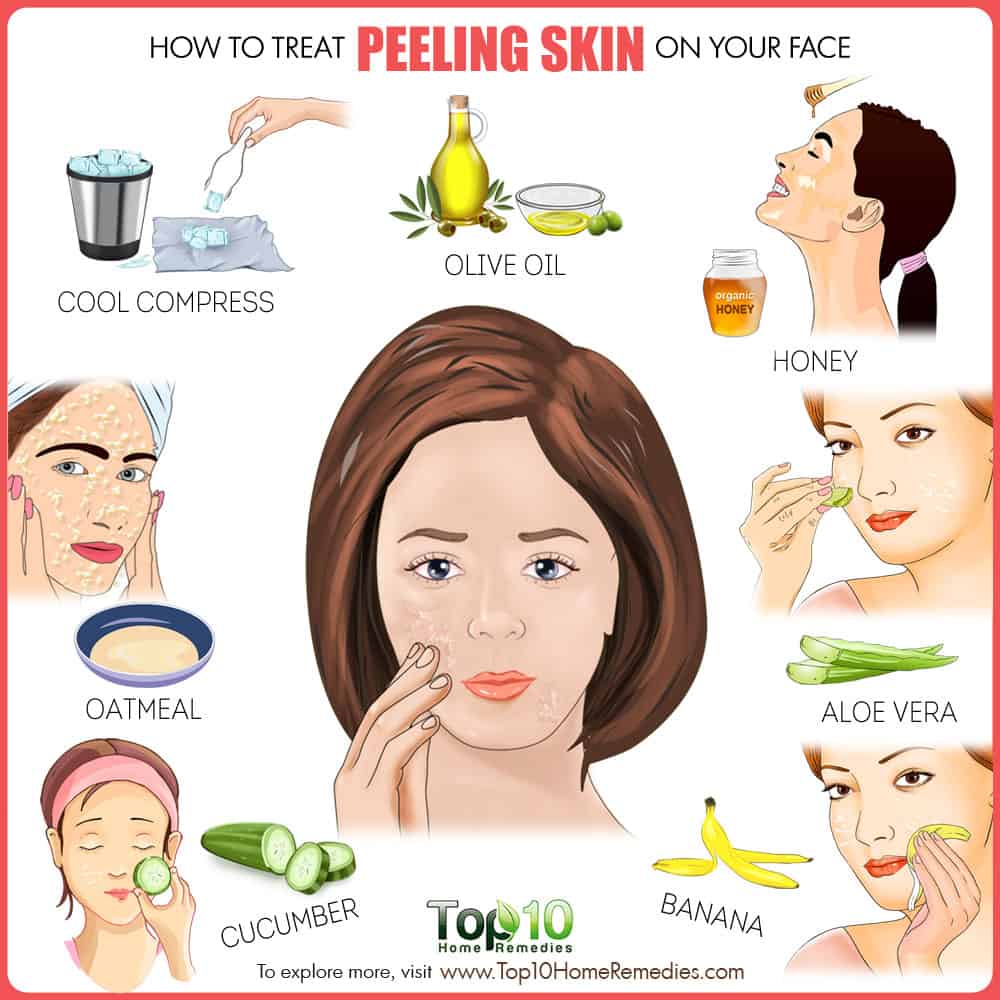
Powerful Home Remedies for Acne
Acne is one of the most common skin conditions in the world, affecting an estimated 85% of people at some point in their lives.
Conventional acne treatments can be expensive and often have undesirable side effects like dryness, redness and irritation.
This has prompted many people to look into how to cure acne naturally at home. The internet is filled with suggestions, but do natural treatments actually work?
This article explores 13 home remedies for acne that are backed by science.
Acne starts when the pores in your skin get clogged with oil and dead skin cells.
Each pore is connected to a sebaceous gland, which produces an oily substance called sebum. Extra sebum can plug up pores, causing the growth of a bacteria known as Propionibacterium acnes, or P. acnes.
Your white blood cells attack P. acnes, leading to skin inflammation and acne. Some cases of acne are more severe than others, but common symptoms include whiteheads, blackheads and pimples.
Many factors contribute to the development of acne, including genetics, diet, stress, hormone changes and infections.
Below are 13 home remedies for acne that you might want to try.
Apple cider vinegar is made by fermenting apple cider, or the unfiltered juice from pressed apples.
Like other vinegars, it is known for its ability to fight many types of bacteria and viruses (1, 2, 3).
Apple cider vinegar contains several organic acids that have been shown to kill P. acnes (4, 5).
In particular, succinic acid has been shown to suppress inflammation caused by P. acnes, which may prevent scarring (6).
Also, lactic acid has been shown to improve the appearance of acne scars (7, 8). What’s more, apple cider vinegar may help dry up the excess oil that causes acne in the first place.
How to Use It
- Mix 1 part apple cider vinegar and 3 parts water (use more water for sensitive skin).
- After cleansing, gently apply the mixture to the skin using a cotton ball.
- Let sit for 5–20 seconds, rinse with water and pat dry.
- Repeat this process 1–2 times per day, as needed.
It is important to note that applying apple cider vinegar to your skin can cause burns and irritation, so it should always be used in small amounts and diluted with water.





